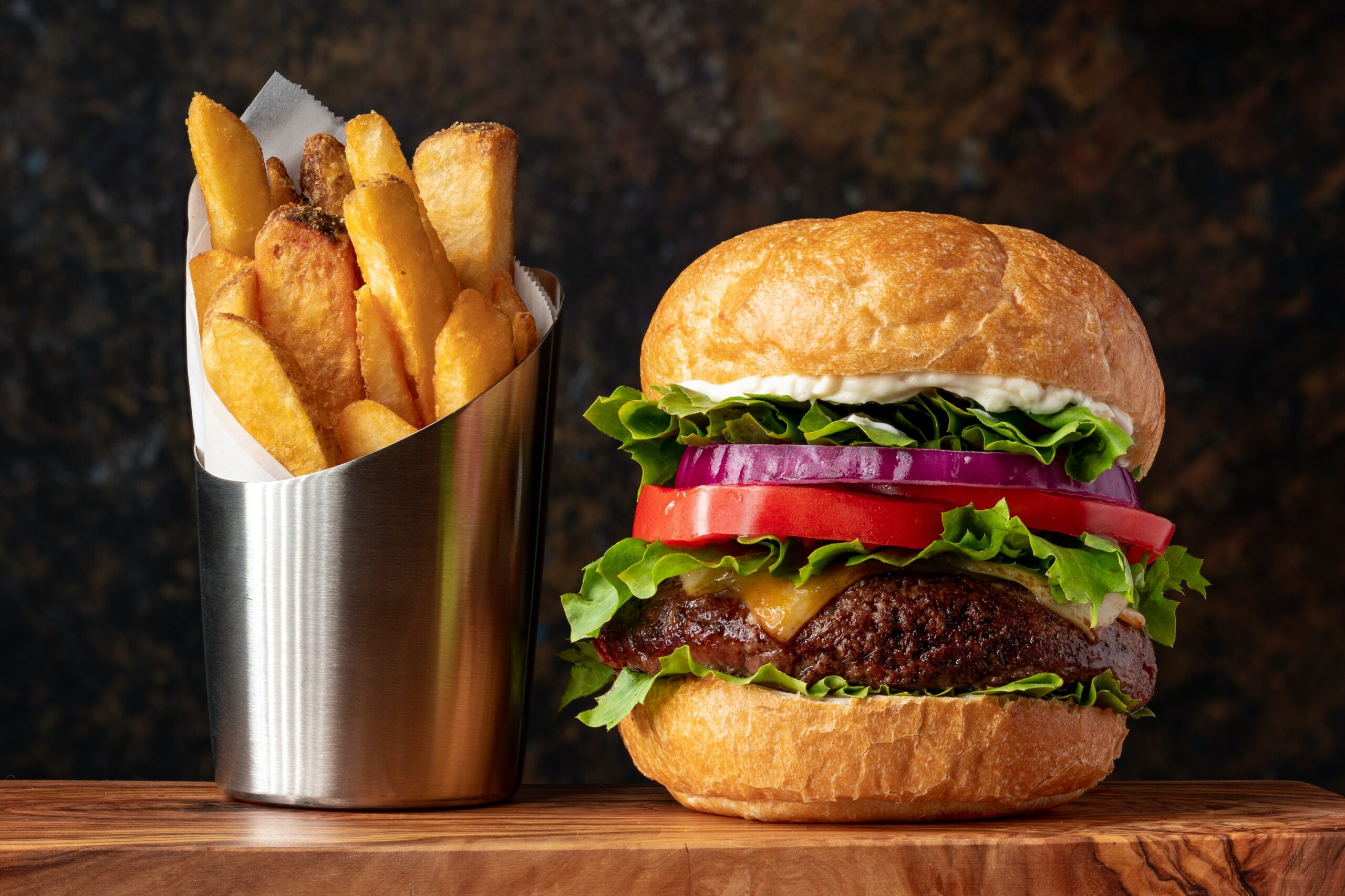Introduction
In today’s fast-paced world, convenience often takes precedence over nutritional value, leading to the rise of ultra-processed foods, or what renowned author and journalist Michael Pollan refers to as “fake food”. While these convenient options may seem appealing due to their ease of preparation and extended shelf life, their long-term impact on our health and the environment is a cause for concern. In this article, we delve into the dangers posed by ultra-processed foods and explore sustainable solutions to combat this escalating issue.
Defining Ultra-Processed Foods
Ultra-processed foods encompass a vast array of industrially produced items that undergo extensive processing, often involving the addition of artificial ingredients, preservatives, and synthetic flavors. They typically contain high levels of refined sugars, unhealthy fats, and sodium, while lacking essential nutrients. Common examples include sugary breakfast cereals, packaged snacks, soft drinks, frozen meals, and fast food items.
The Health Hazards of Ultra-Processed Foods
- Nutritional Imbalance: Ultra-processed foods provide little nutritional value compared to whole, unprocessed foods. A diet heavily reliant on these products can lead to deficiencies in essential vitamins, minerals, and fiber, negatively impacting overall health.
- Obesity Epidemic: Studies have linked the consumption of ultra-processed foods to an increased risk of obesity. Their high caloric content, addictive flavors, and easy accessibility contribute to overeating and weight gain.
- Chronic Diseases: Regular consumption of ultra-processed foods has been associated with an elevated risk of developing chronic diseases such as type 2 diabetes, cardiovascular issues, and certain types of cancers.
- Gut Health: Ultra-processed foods often lack the beneficial bacteria that support a healthy gut microbiome. This imbalance can lead to digestive problems and weaken the body’s immune system.
- Food Addictions: The additives and flavor enhancers in fake foods can trigger addictive eating behaviors, making it difficult for individuals to break free from unhealthy dietary habits.
Environmental Impact of Ultra-Processed Foods
The dangers of ultra-processed foods extend beyond health implications and directly impact the environment:
- Excessive Packaging: These products are often wrapped in single-use plastic and other non-recyclable materials, contributing to the global plastic pollution crisis.
- Resource Depletion: The mass production of ultra-processed foods demands substantial resources, including water, energy, and land, leading to environmental degradation.
- Greenhouse Gas Emissions: The industrial processes involved in producing and transporting fake foods release significant greenhouse gases, contributing to climate change.
Sustainable Solutions to Combat Ultra-Processed Foods
- Embrace Whole Foods: Opt for a diet rich in whole, natural foods, including fruits, vegetables, whole grains, and lean proteins. These provide essential nutrients and support overall well-being.
- Cook at Home: Prepare meals at home using fresh ingredients, allowing you to control the quality of the food and avoid unnecessary additives.
- Read Food Labels: Educate yourself about food labels and ingredients to identify ultra-processed foods and make informed choices.
- Support Local and Organic: Choose locally sourced and organic products when possible to reduce the carbon footprint of your food choices.
- Reduce Single-Use Packaging: Opt for products with minimal or eco-friendly packaging, and make conscious efforts to reduce plastic waste.
- Advocate for Change: Raise awareness about the dangers of ultra-processed foods and support policies that promote healthier and more sustainable food options.
Conclusion
Michael Pollan’s insights shed light on the hazards of ultra-processed foods, revealing the significant toll they take on our health and the environment. By adopting a conscious and sustainable approach to our food choices, we can break free from the grip of fake food and forge a path towards a healthier future. Embracing whole, unprocessed foods and advocating for more sustainable practices in the food industry are essential steps to safeguarding our well-being and preserving the planet for generations to come. Let’s choose real nourishment over fake food, for the sake of our health and the Earth.



